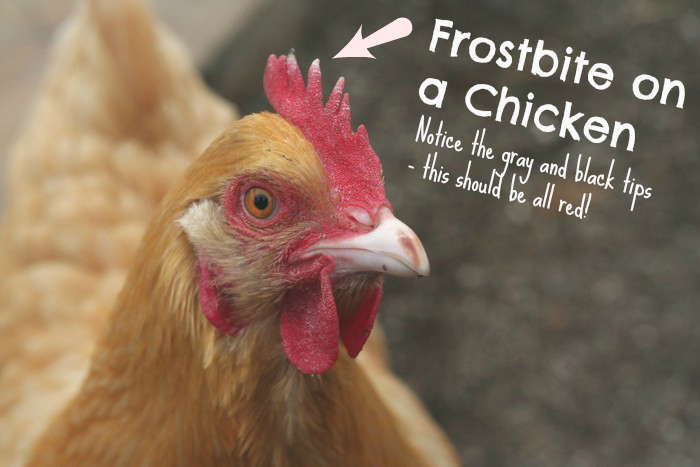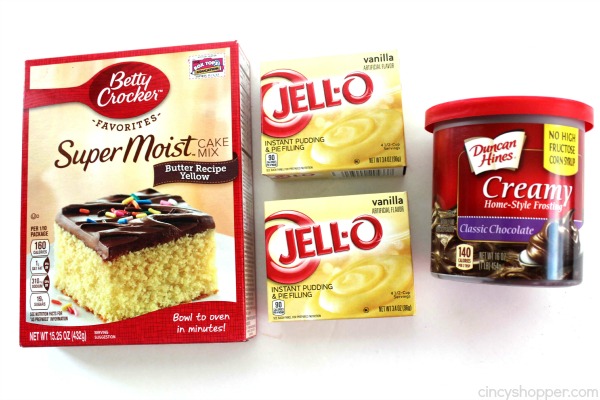Winter finally started knocking on our Ohio town...and we managed to procrastinate on the whole winter chicken PREP.
 Winter care
Winter care for chickens can be
confusing to beginners
and established chicken keepers alike.
There are many different
schools of thought on
heat vs. no heat in the coop. We are on the fence but leaning toward the no heat camp, even though temperatures
can drop to below zero here (sometimes!).
If you would like to know how we plan on keeping our flock warm, this winter, without heat... well read on my friend!
Let's talk about chicken coops and heat.
 Do you need to heat your chicken coop?
Do you need to heat your chicken coop?
Well there is a
short answer and a
long answer.
- The short answer is NO.
- The long answer has to do with the fact that chickens can and will live very comfortably in temps that drop below zero- and this includes without supplemental heat sources.
 Chickens are not people. I know that you are thinking...DUH Kel,
Chickens are not people. I know that you are thinking...DUH Kel, but sometimes this can lead to
oversight. People,
you and me, we can
NOT survive in a
non-heated building outside in subzero weather...
but your chickens can.
Chickens will show
no sign of distress in cold weather and
will survive just fine in the cold, up to -10 degrees Fahrenheit (
and truth be told that some chickens can do just find when temps drop lower than that).
Plus, your chickens have a cozy coop where they can stay when it gets to cold outdoors for them.

Some interesting information, if you think that
using a heat lamp is the answer to your guilt...well first and foremost (
and the number 1 reason why NOT to use a Heat Lamp) is that they cause
coop fires, many reported cases, in which your entire flock will parish, not to mention the spread to neighboring houses and/or outbuildings. (
Yes, I am a firefighters daughter!)

It is
difficult to secure a heat lamp in order for it to not fall down. Then factor in
a flying chicken knocking down the lamp or debris flying into the lamp, all of which are
fire hazards.
Another important note to make is that if you use a
Heat Lamp and let's say the
bulb goes out or you have a
power outage...
you will lose your flock due to the sudden temperature change.
Chickens who are used to a warm coop in the winter need time to accommodate a sudden temperature drop.
The worst part is that you will remain completely
unaware of any issue because the onset will not show until it is already
to late to save your chicken(s).

If you feel strongly that your coop
needs to be heated,
please avoid a heat lamp and look at a
flat panel heater, installed by a
professional to ensure safety for your Chickens. (
But heat is not necessary!)
So, HOW do Chickens survive winter?
 Valid question.
Valid question. Part of this
process is
understanding your birds, knowing what works and what doesn't and
helping your flock flourish!
I spoke about
not having to use a heater or heat source to remain comfortable during the cold winter months, but it is fair to wonder the
physics and makeup of a chicken as to why it is not needed.
Chickens Fluff.

I know you have
seen them do this probably a hundred times. We call this being a "
Top Dawg Chicken" in our family.
(Mind you, we are two adults and two kids under the age of 7!)
When the chickens fluff up their feathers they create an air pocket between their feathers and their skin. This is where
warm air radiates from the chicken's body and keeps them
comfortable even on the coldest of nights.

Chickens also
cluster together,
usually on a roost, to cuddle in order to
keep one another warm. Sleeping on the roost keeps the chickens
off of the cold floor.
If you are still
not a believer, a suggestion came to me that if you venture to your coop one cold night and
put your hand under the chickens wing, or between their feathers, next to the skin...you will feel your
chickens warmth and have that
peace of mind (
or Ah Ha moment!).
Next, let's talk drafts!

The subject of
drafts is a
pretty serious one.
Drafts can cause your toasty, warm chicken to become frigid and cold...
very quick! If air is
blowing on your chickens, this disrupts the
warm pocket of air that your chickens have created when fluffing their feathers and will cause them to catch a chill.
You want to eliminate drafts within your coop...but you do
NOT want to
seal off all air completely due to ventilation.
Confusing, right!
Eliminate drafts by closing the chickens entrance to the coop at night and on very cold days. You will also want to
insulate any windows you have in your coop
using caulk and/or a barrier block. This material can be cardboard, wood or plastic.
A good way to differentiate between a
draft and ventilation is to know that
a draft is a wind or breeze that is blowing on your chickens.
A small, light draft is enough to disrupt feathers and cause a chill. When you leave a door open in the coop, it is like you put a fan on your flock for the night.
Ventilation is all about air circulation throughout the coop.
We want to
prevent drafts but we still need to make sure that
air is circulating in and out of our coop so that our chickens can
remain in good health.
So, HOW do you VENTILATE your COOP?

We need to make sure our coop is
well insulated and closed enough to keep out drafts but allow air to still be able to come in and leave the coop.
This is
mandatory in order for dust, CO2, moisture and ammonia to escape and bring in
fresh air for the birds to breath. The best way that we have found to
block a draft, but allow for proper ventilation is to cut some small windows where the walls meet the ceiling.
The
windows only need to be about
1-2 inches tall but however wide that you want. They can be
cut between the studs and secured with hardware cloth. This is important because
small animals can squeeze through small spaces and the chicken wire and/or screening will not be able to
keep these predators out.
The
overhang from the
roof outside the windows will
prevent winds from blowing in, but the open windows will allow polluted air to get out and fresh air to get in.
Frostbite and chickens, what you need to know.

We hear about
frostbite and
immediately panic. Natural human reaction, and one that
I won't discourage you from having.
Frostbite is caused when cold combines with moisture.
If your coop is just cold then frostbite will not form. But,
moisture builds within the coop from
chickens breathing, pooping or just water spills, if you allow water in your coop.
Moisture is inevitable. But, if your
coop is airtight, this moisture has
no place to escape to and combine this moisture with a sudden onset of cold...here you have a
perfect environment for FROSTBITE.
 Chickens who have large combs are most likely to get frostbite than all others.
Chickens who have large combs are most likely to get frostbite than all others.
To prevent frostbite in large comb birds, you can apply a thick layer of petroleum jelly on the comb to protect this from the cold.
And because you all know that I am an
avid reader and book promoter, I wanted to
share some
great reading that has helped me in my
chicken research and is sure to
help you on your own journey!
(click on the book to be directed to the link!)
HAPPY CHICKEN-ING YA'LL!

 This prompted table talk, in which we started with a game of "Would you rather" first grade style!
This prompted table talk, in which we started with a game of "Would you rather" first grade style! Thank goodness for the internet...because this Mama pulled up some impromptu questions, (seriously, thank goodness!) and we were full of chit chat through our entire meal! (no TV needed!)
Thank goodness for the internet...because this Mama pulled up some impromptu questions, (seriously, thank goodness!) and we were full of chit chat through our entire meal! (no TV needed!)















.jpg)






























